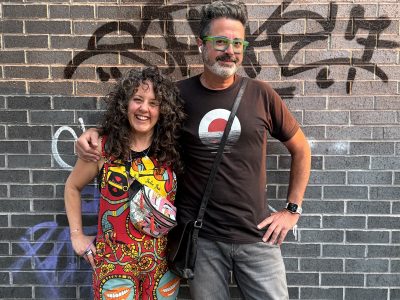Syracuse University Leaders Issue Follow-Up Statement on Legacy Admissions
Chancellor and President Kent Syverud, Vice Chancellor, Provost and Chief Academic Officer Gretchen Ritter and Vice President of Enrollment Services Ryan Williams today issued a follow up statement following a review of legacy admissions at Syracuse University.
“Since the U.S. Supreme Court decisions on race-based admissions were announced in June, important questions have been asked about legacy admissions in higher education. Over the summer, the University conducted a thorough review of what impact familial connection or legacy status has on admissions and enrollment at Syracuse University. That review confirms what we already know to be true: Syracuse University has a legacy of inclusiveness that drives students from diverse backgrounds, perspectives, cultures and identities to want to be here, and for those students with a familial connection, that desire is strengthened. The review also confirms that it is our inclusive values that drive our admissions process and distinguish Syracuse University from institutions where legacy status confers an unfair advantage.
- Many of our applicants choose to follow the path of family members who are proud to be graduates of Syracuse University. We celebrate this community, spanning generations, for its loyalty and because it is representative of the diversity of our alumni community. We take great pride in the University’s engagement with alumni, particularly with underrepresented minority groups.
- Unlike the legacy practices of many elite institutions, there is no set aside or scale-tipping in the admissions process at Syracuse University. All our students proceed on a level playing field through the admissions process, and all students, including those with alumni relatives, are academically qualified for admission.
- Students of color with alumni relatives have a deep sense of connection to our community, which drives a very strong interest in attending Syracuse University.
“Syracuse University has a long history of inclusion since our founding in 1870, resulting in a diverse and expansive global alumni network. From admitting Jewish students when other universities limited their access to higher education, to offering young Japanese Americans an escape from internment camps and full scholarships in the 1940s, to opening up the campus to those returning from service after World War II, Syracuse University has always been a place welcoming to all. This tradition of inclusiveness includes students who pursue the same experience at Syracuse University as a parent or sibling.”


